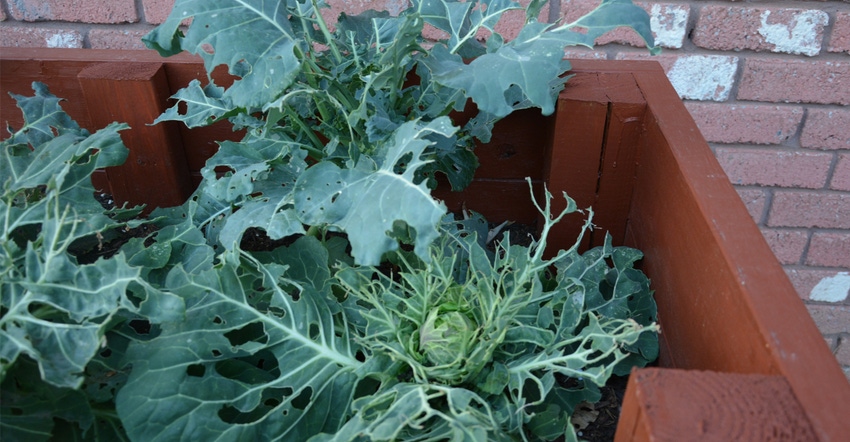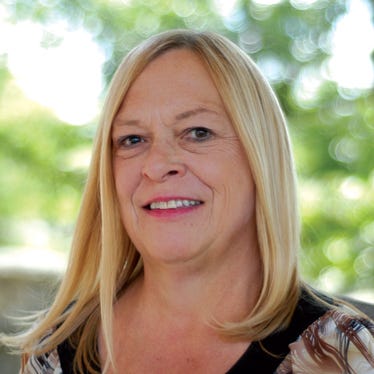
Change is always difficult. It seems to always come too suddenly, occur too fast and leave everybody feeling insecure.
Certainly, the changes of 2020 and the greatest health crisis we have faced in a century have been jarring. There are signs however, that we just might have some pretty good scientific developments coming out of the effort to fight this disease and perhaps future viruses.
For starters, I’ve seen a number of press releases about new long-lasting disinfectants that leave behind an “antimicrobial film” capable of killing bacteria and viruses on hard services like floors, walls, door handles, etc. for extended periods of time from 72 hours to several weeks. So far, what I’ve seen has said “with the exception of food preparation surfaces or utensils.”
However, even with that exception, such products could add an enormous element of safety to places such as farm shops and garages, as well as to retail stores and offices.
Other efforts to reduce the chance of spreading coronavirus show promise of paying dividends for years to come in reducing the infection rate of seasonal colds and flu. Mechanical improvements in ventilation systems will likely mean healthier environments in homes, businesses, schools and even barns and farm shops. Cleaner air is never a bad thing.
On another front, we are starting to see a real advance in the number of connections between food producers and consumers. It’s an escalation of a trend already growing but portends well for those who want the opportunity to sell direct to consumers. And I can’t help but think that a growing number of relationships between urban consumers and food producers will help build more trust for agriculture in general.
The challenge of gardening
It's also been interesting to me during this season to note how many of my urban neighbors attempted to grow at least some of their own food. Some were concerned that the pandemic would mean a reduced supply of food or disruptions in deliveries — a very valid concern considering the early run on grocery stores.
Others were expecting to be working from home or laid off for an extended period of time and felt they would have time to pursue a gardening interest they’d lacked the time to pursue in the past.
At the end of the growing season, the comment I heard most often was, “I really didn’t know how hard this was going to be. All the work and I only got two or three meals worth of vegetables.”
I think they just might have a lot more appreciation for the people who show up at the farmer’s market with bushels of tomatoes and boxes of green beans to sell by the pound. They might also find the prices they pay for food more reasonable given a knowledge of the work and money that went into producing it.
One neighbor commented on the difficulty of fighting insect pests and fending off the population of rabbits that seemed double or triple what they’d seen before. Grasshoppers were extremely plentiful in Kansas this year, and I lost some green and ripe tomatoes to the critters despite my lack of trepidation about generous application of pesticides. Those who eschewed chemicals found their plants reduced to nubs.
So, yes, growing food is hard work. Growing a lot of food is even harder. Some people find the work enjoyable and the rewards enough to make it worth it. Others are learning how glad they are that other people actually like doing this so they can eat well. I hope that awareness lasts.
Read more about:
Covid 19About the Author(s)
You May Also Like






